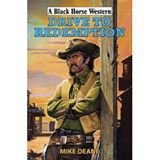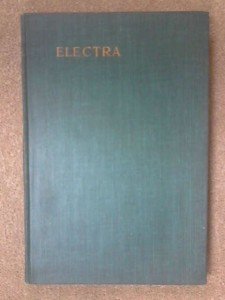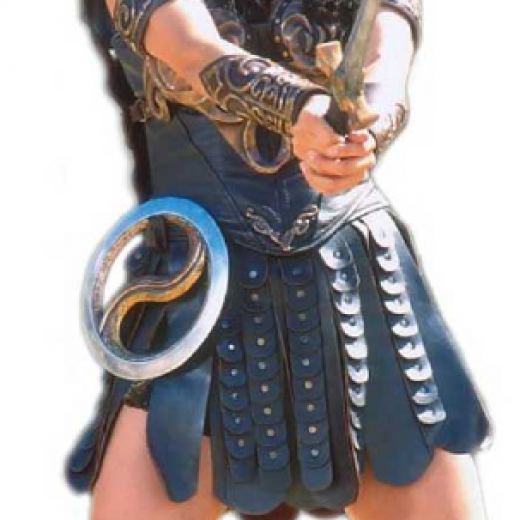Where To Get Started with Your Writing? by Micheal O’Flaherty
 Today we welcome a new guest writer to Writer’s Fun Zone, Micheal O’Flaherty who is stopping by to chat with us today about “Where to get started? ” Enjoy!
Today we welcome a new guest writer to Writer’s Fun Zone, Micheal O’Flaherty who is stopping by to chat with us today about “Where to get started? ” Enjoy!
***
Where to get started?
You believe you can write; you know you can write; maybe you’ve been published already? But now you’re stuck. Where do you turn to for that flash of inspiration, that idea that will let loose the torrent of words that you know is ready to flow from you?
Personally, I’ve found that looking back has often given me the impetus to move forward. When writing my first western, Drive to Redemption, I drew from Greek drama, specifically the play Electra by Euripides. This play was written in the 5th century B.C. during the classical age of Greek drama. After reading it, in translation, of course, I found it a fantastic resource. The advantage of reading a play like Electra is that:
- It is short (79 pages, including the introduction and commentary)
- The plot is relatively straightforward, centered around one main incident
- The characters are diverse and are interesting types – they don’t possess enough depth for a novel but they are good starting points.
For example, a simple plot summary of Electra reads like:
Orestes and his companion Pylades have travelled to Argos in hopes of taking revenge for Orestes’ father’s murder at the hands of his mother’s lover. Disguised as messengers, they arrive at the house of Orestes’ sister Electra and her husband, while the latter is out at work on the farm. Not knowing their real identities, Electra tells them her sorrowful story and also of the injustice done to her brother, expressing her fervent wish that Orestes would return to avenge the death of Agamemnon, their father, and to ease her and her brother’s suffering by killing her mother and her lover.
There is obviously a lot more to the play than this summary but immediately themes of infidelity, exile, forced marriage, revenge, murder and matricide to name but a few.
So, obviously you’re not going to transplant exactly the plot of a play that is approximately 25 centuries old into your work in progress (or work not-in-progress) but it can prove to be a good starting point. In my case, Electra became Rose, Orestes became Jim Boland, Pylades became Harry McIntyre and Aegisthus, the killer of Orestes’ father, became Jake Bradman.
I didn’t make Jim kill his mother but I did make him believe he killed his father in an accident. This led to Jim going into exile, like Orestes, and casting himself out of society by his excessive drinking and violent behaviour due to his remorse. This also pushed his mother away from him until Rose became his salvation. In Drive to Redemption, Rose and Jim are not siblings, unlike Orestes and Electra. That would have made Drive to Redemption a completely different type of book!
So, theme, action, plot, character – all elements from Electra that inspired me in my writing. There is more to Drive to Redemption than what I got from reading Euripides but it was a very definite, easy and interesting prompt to get me writing. And, obviously, other plays could be used. The main advantage that I see from using older plays, and Greek plays in particular, is that they are plot driven, and they possess some sort of moral dilemma or tragedy. All useful components when writing.
From the ancient world to the modern, I certainly believe in the quote:
“If you don’t have time to read, you don’t have the time (or the tools) to write. Simple as that.” (Stephen King).
***
ABOUT THE AUTHOR
 I am a librarian living and working in County Cork, Ireland, with my wife and three young daughters who believe sleeping is for the weak (the daughters, not the wife). I have had two westerns published under my pen name Mike Deane and have another due out soon.
I am a librarian living and working in County Cork, Ireland, with my wife and three young daughters who believe sleeping is for the weak (the daughters, not the wife). I have had two westerns published under my pen name Mike Deane and have another due out soon.
Twitter: https://twitter.com/michealof
facebook: Micheal O’Flaherty







A great post and delighted with the tip for finding plots, 🙂
Thanks Mary.